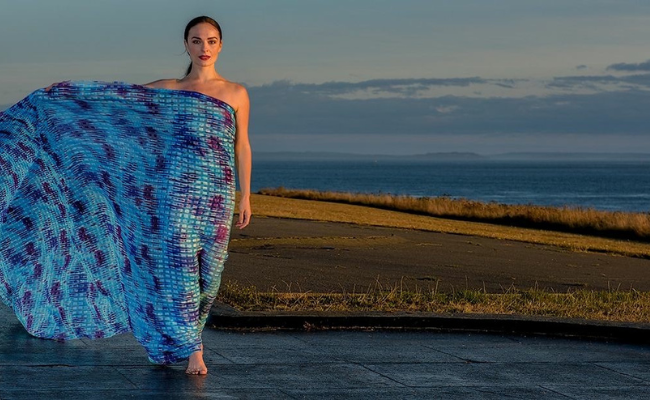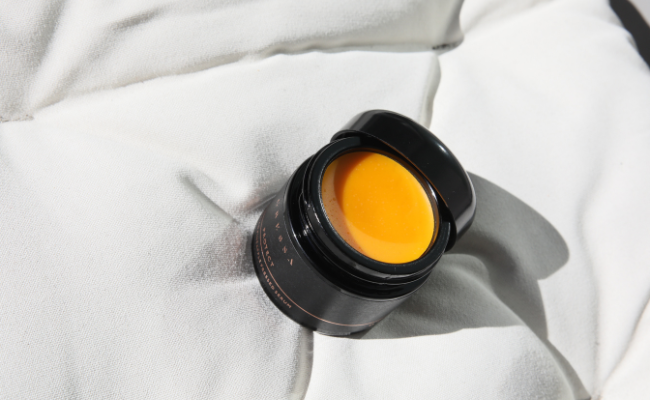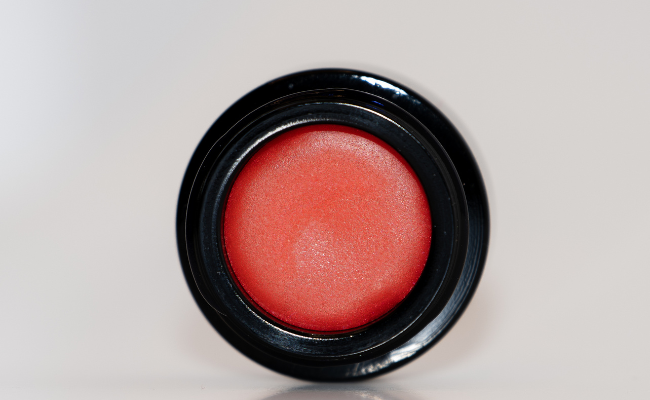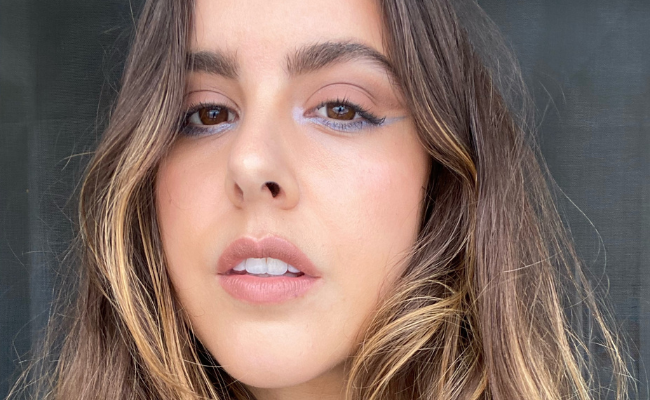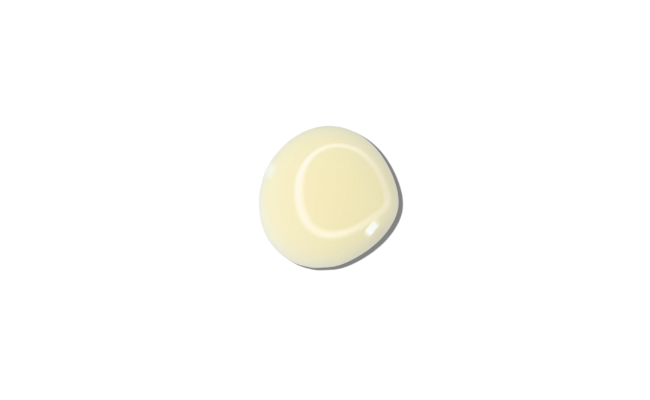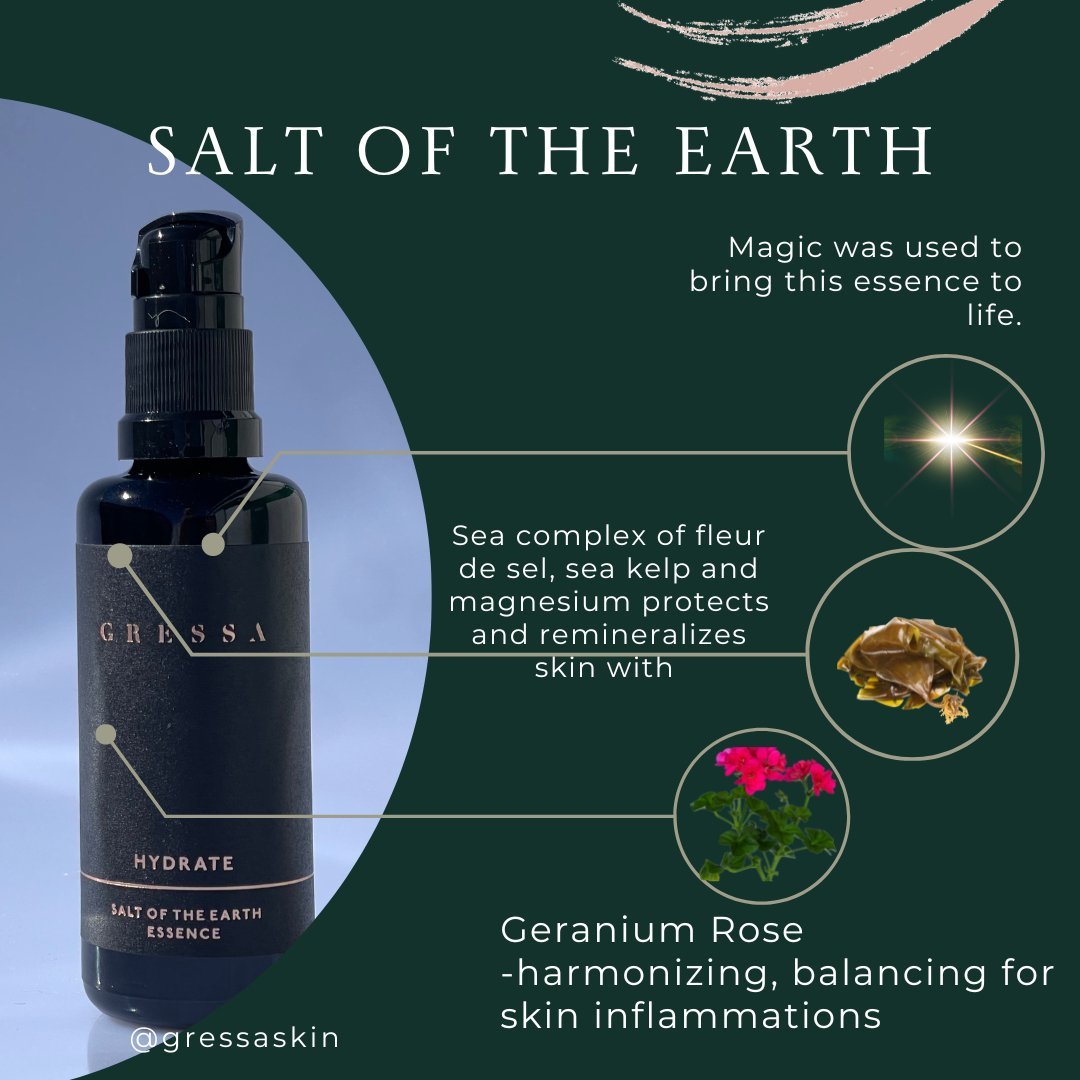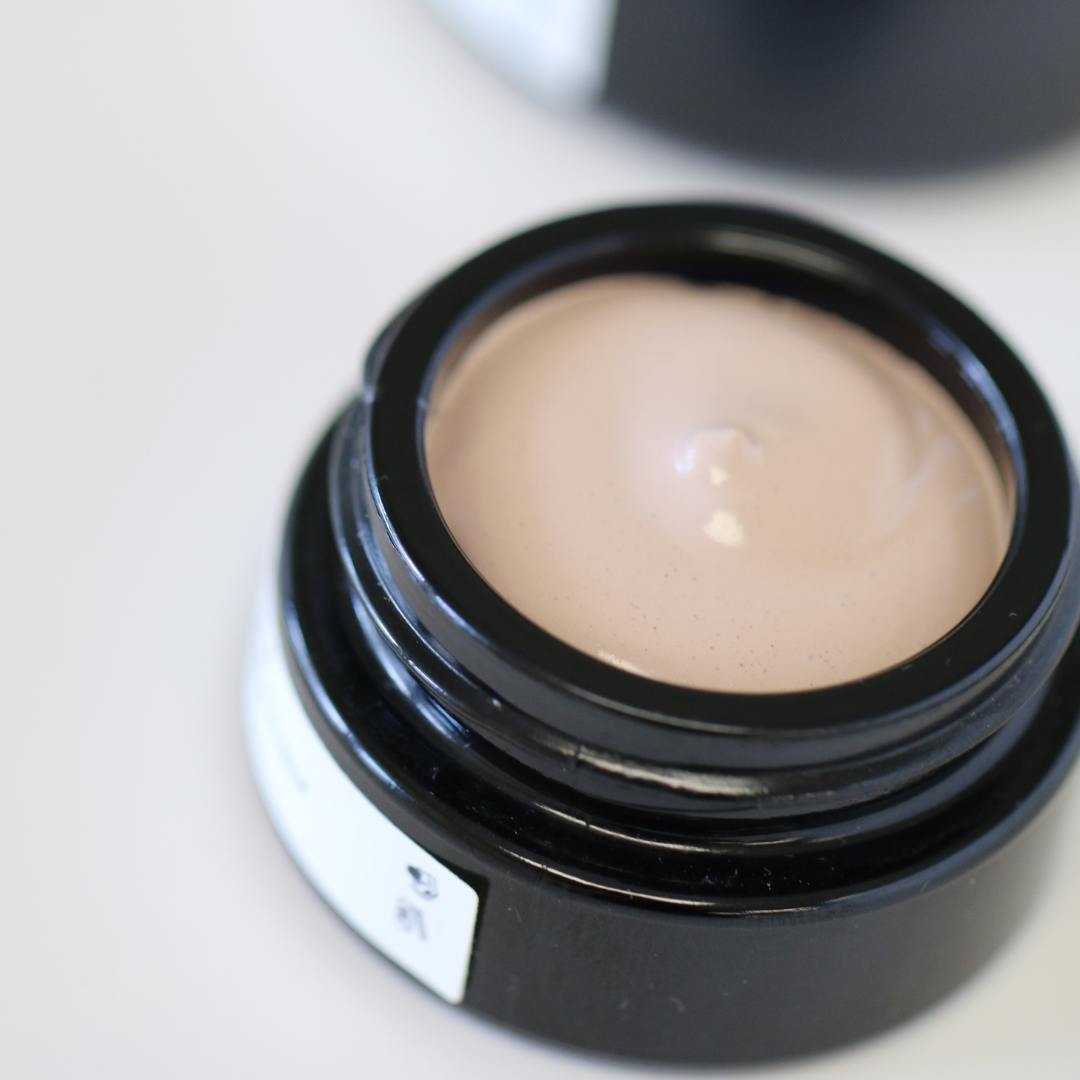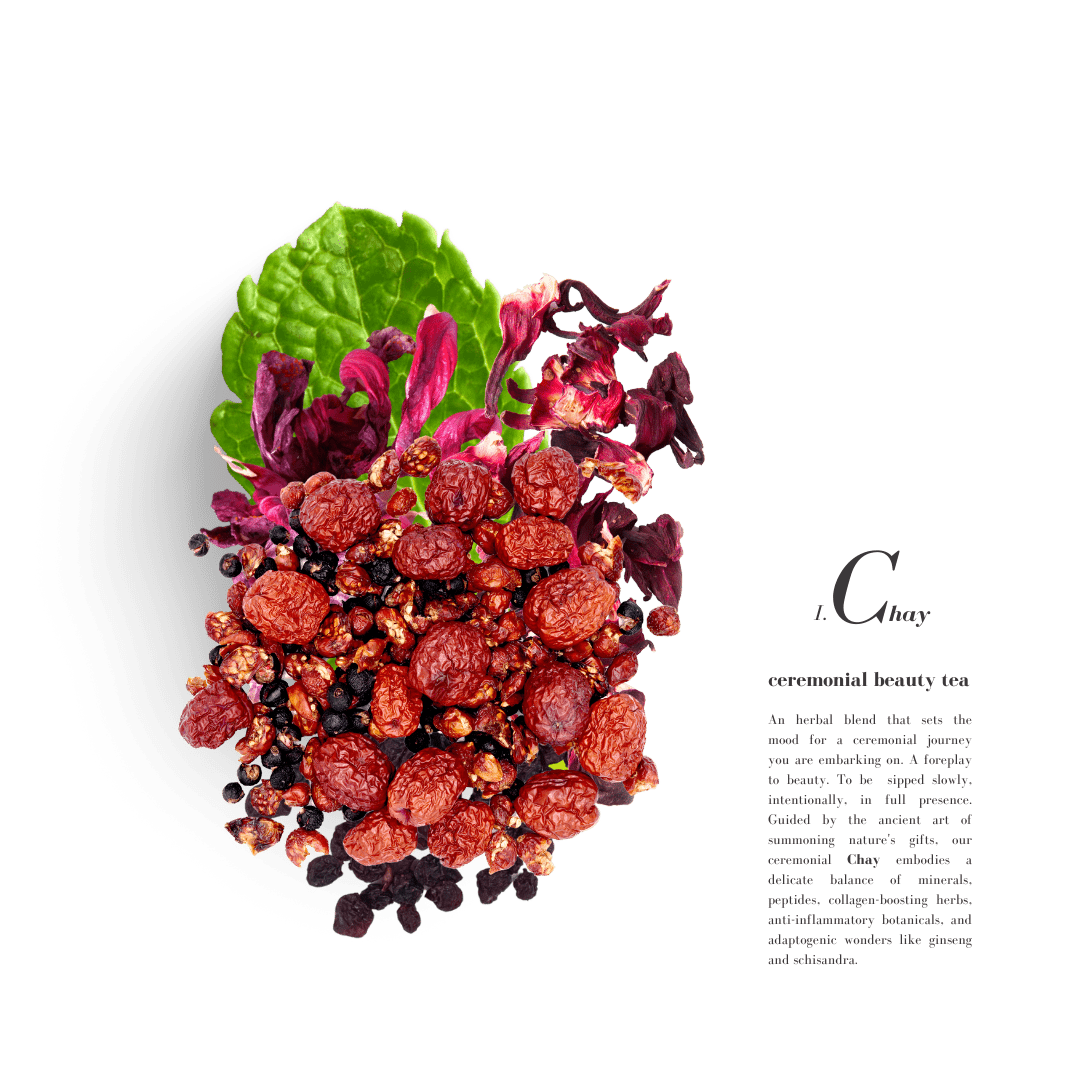l'aime
Le sentiment amoureux est comme une vague océanique. Elle vient, puis repart, puis revient. Cela vaut pour l'amour en général, pas seulement pour l'amour romantique. Parfois, on aime son partenaire, parfois on est trop préoccupé, parfois on aime ses amis, parfois ils nous déçoivent, parfois on aime ses enfants, parfois on est trop épuisé pour les considérer comme des êtres humains parfaits, parfois on s'aime soi-même, parfois non.
Une histoire de Stephen R. Covey m’est venue à l’esprit l’autre jour. Il s'agit d'un homme qui sentait qu'il n'aimait plus sa femme et qu'il n'était plus aimé en retour.
« Aime-la », dit-il à l’homme.
« Je vous l'ai dit, ce sentiment n'est plus là », répondit l'homme.
« Je l’aime », répondit Covey.
« Tu ne comprends pas. Le sentiment d'amour n'est tout simplement pas là », répéta l'homme.
« Alors aime-la. Si ce sentiment n'est pas là, c'est une bonne raison de l'aimer. »
« Mais comment aimes-tu quand tu n’aimes pas ? » demanda l’homme.
Covey répondit : « Mon ami, aimer est un verbe. L'amour – le sentiment – est un fruit de l'amour, le verbe. Alors, aime-la. Sacrifie-toi. Écoute-la. Empathie. Apprécie-la. Affirme-la. Es-tu prêt à faire ça ?
L'amour est un engagement conscient. Un engagement quotidien, voire horaire.
Et si nous grandissions sans savoir à quoi ressemble l'amour ? Un amour sans jugement, sans conditions, sans montagnes russes émotionnelles ? Anodea Judith, psychologue clinicienne, utilise l'imaginaire pour découvrir ce que serait le véritable amour.
« Imprégnez vos cellules de cette sensation. Reprogrammez votre corps grâce à cette nutrition. »
… « Commençons ce fantasme en nous imaginant à un jeune âge et en grandissant progressivement avec ce sentiment présent. Qu’aurait-on ressenti à trois ans si on avait eu ce genre de soutien et d’amour ? Qu'est-ce que ça aurait fait d'aller à l'école si tu avais eu ce genre d'amour ? Qu'est-ce que cela aurait pu être de traverser la puberté ? Marcheriez-vous, parleriez-vous ou tendriez-vous la main différemment ? À quoi aurait ressemblé l’université ? En quoi votre mariage ou votre relation avec vos enfants seraient-ils différents ?
Fantasme avec moi aujourd'hui. Prends-lui la main. Aime-la.
Svetlana




